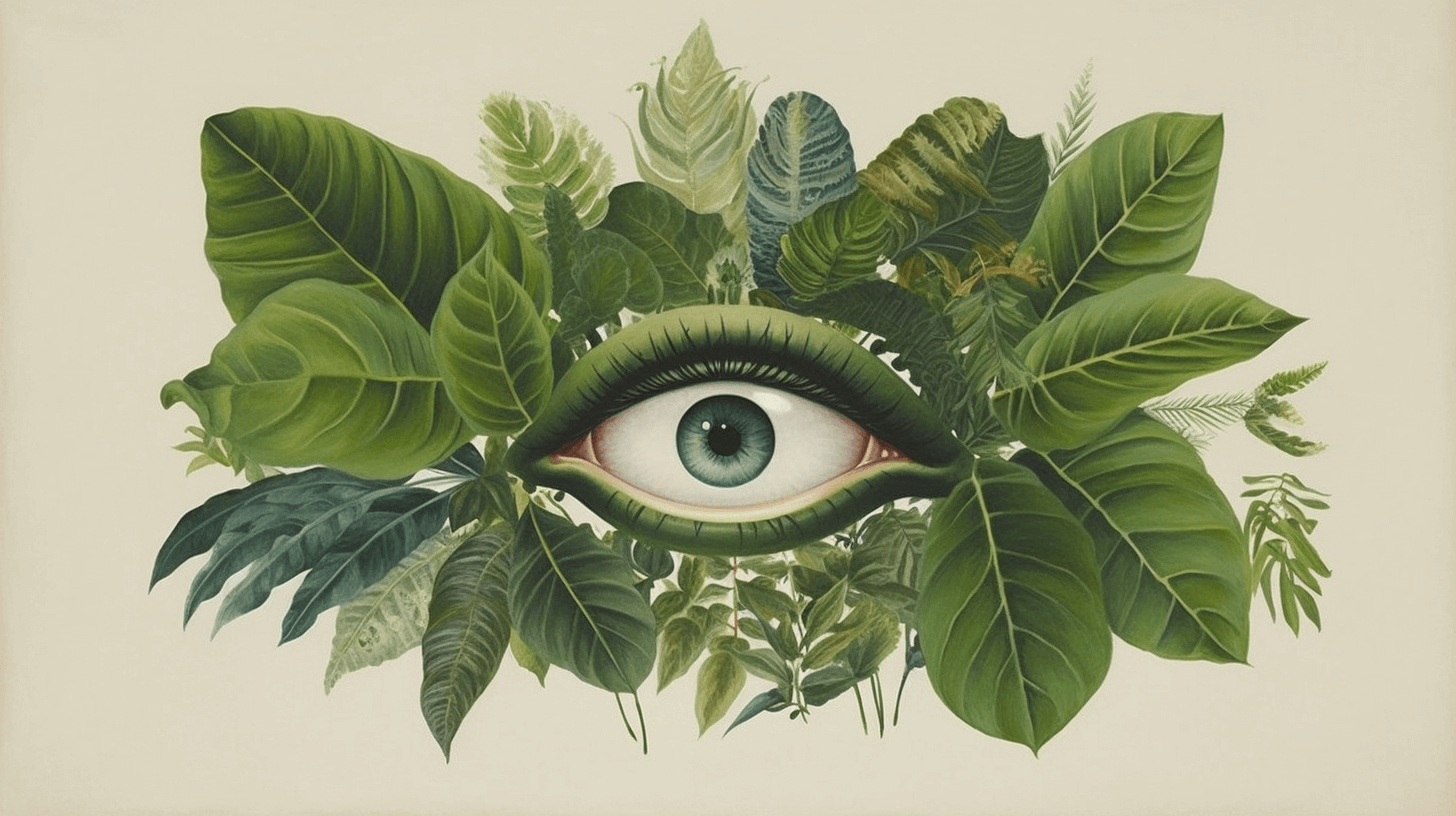Plant Symbolism
In both Jungian and esoteric contexts, plants can have a variety of symbolic meanings, often tied to growth, transformation, and the cycle of life. Here are some general interpretations:
Growth and Potential
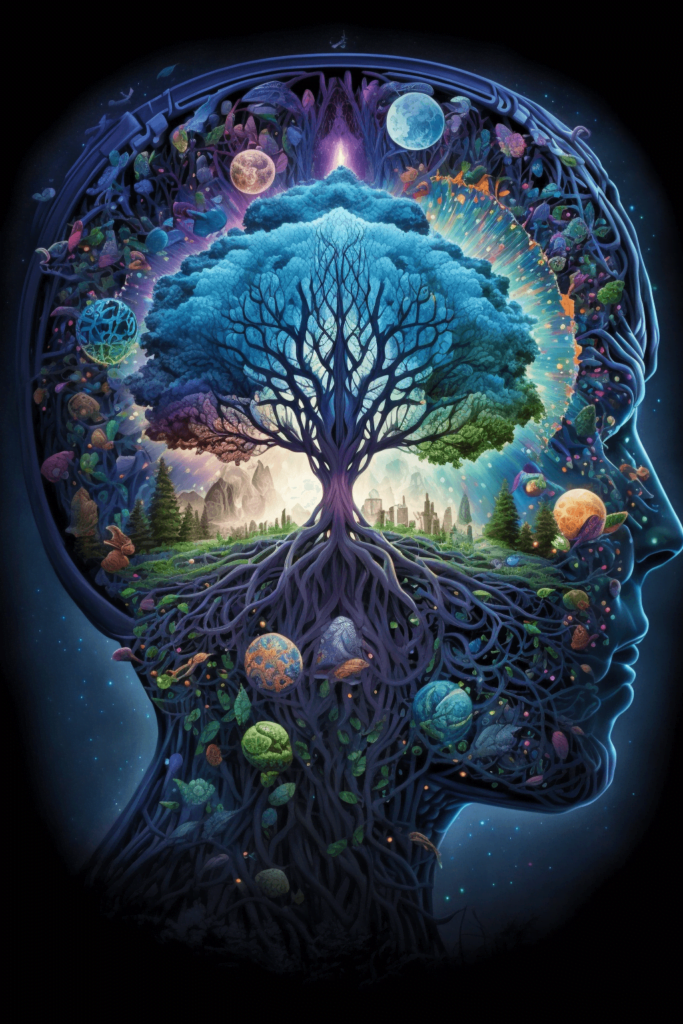
Plants, from the moment they germinate from a seed to their full growth, symbolize the process of development and growth. This can be applied to an individual’s personal and spiritual growth.
Transformation and Renewal
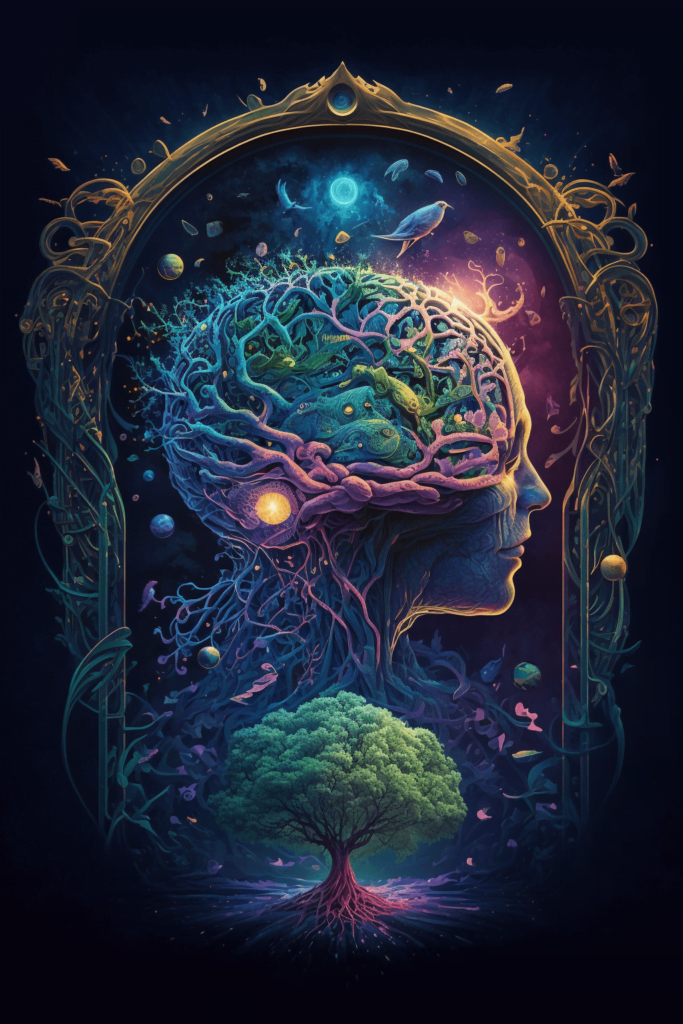
Many plants undergo noticeable changes through the seasons, symbolizing cycles of death and rebirth, decay and renewal. This aligns with the alchemical and Jungian process of transformation – of dying to old ways and being reborn into a new, more enlightened or advanced state.
Connection to Nature and the Earth
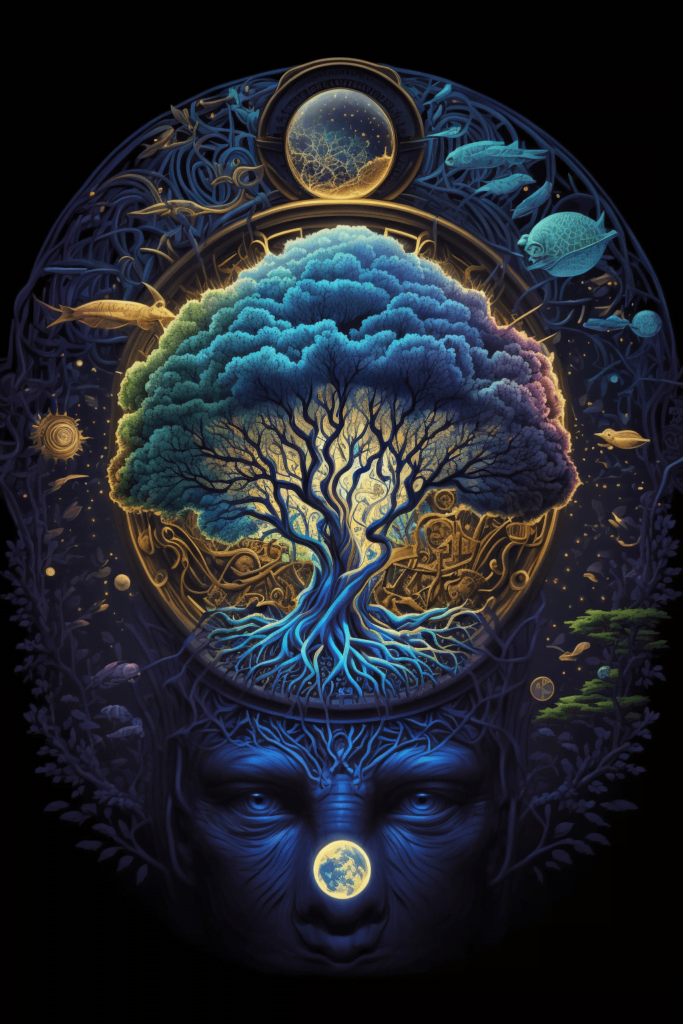
Plants often symbolize our connection to nature, the Earth, and the cycles of life. They can remind us of our dependence on the natural world and the interconnectedness of all life.
Healing and Nourishment
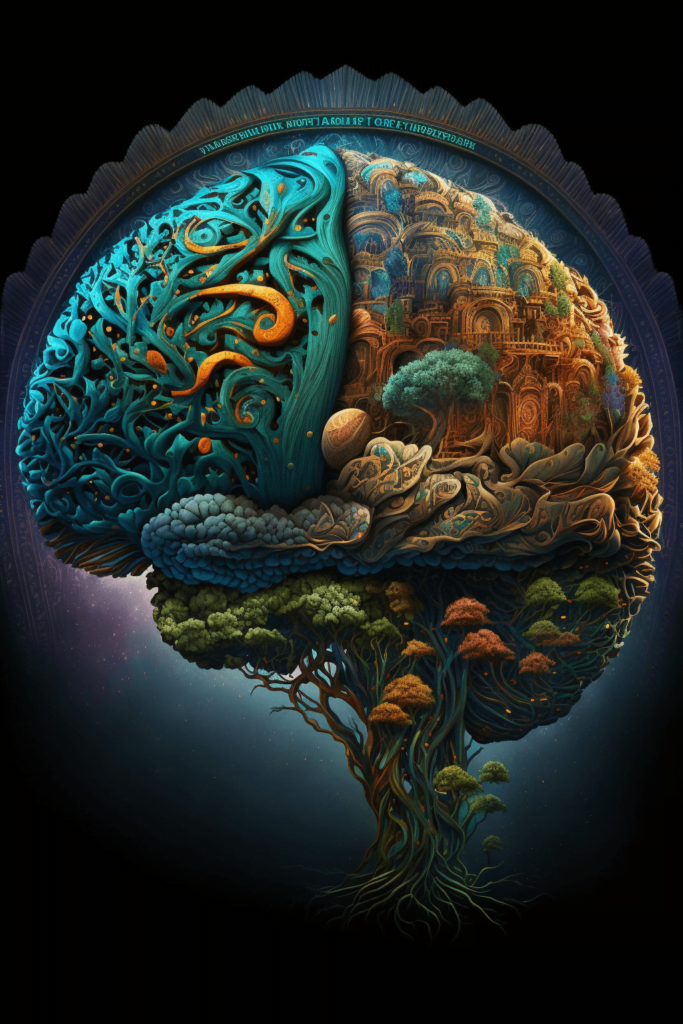
Many plants have medicinal properties or provide food, symbolizing healing, sustenance, and nurturing.
Conclusion

In more specific contexts, different types of plants can have their own unique symbolism. For example, a tree, with its roots reaching into the earth and its branches stretching towards the sky, can symbolize a connection between heaven and earth, the conscious and unconscious. A rose, with its thorns and beautiful flower, can symbolize the union of opposites or the beauty that can emerge from suffering.
In esoteric traditions, the plant can also represent the Tree of Life, a symbolic diagram used in the Kabbalah, which represents the path to spiritual enlightenment.

